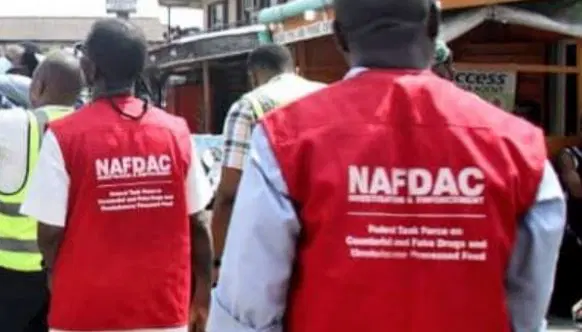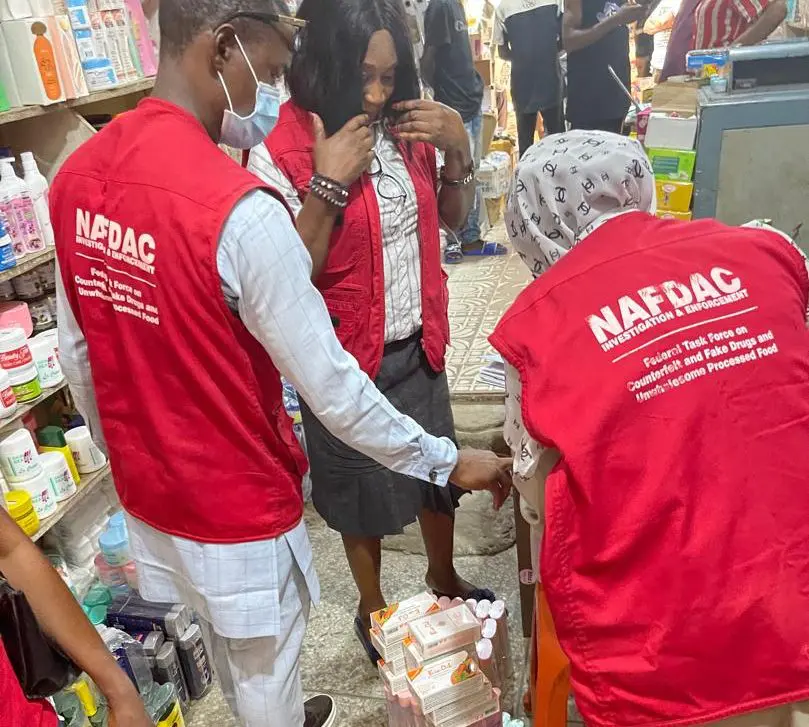
Source: Chioma Obinna

Africa’s leading national medicines regulatory authorities, all certified at World Health Organization Maturity Level 3 (ML3), have officially launched a continent-wide Reliance Mechanism in Abuja, Nigeria—marking a historic step toward harmonised, efficient medicine regulation across Africa .
At a landmark meeting hosted by Nigeria’s National Agency for Food and Drug Administration and Control (NAFDAC), a Steering Committee was inaugurated to operationalize a shared reliance mechanism among ML3 authorities Comprising eight top-rated agencies, the committee is chaired by Dr. Richard Tendayi Rukwata (MCAZ, Zimbabwe) with Dr. Ali Ghamrawy (Egyptian Drug Authority) serving as Vice Chair for a two-year tenure
The mechanism builds on a February 2025 Memorandum of Understanding (MoU) among the ML3 agencies, aiming to:
NAFDAC’s Director-General, Prof. Moji Adeyeye, highlighted Nigeria’s deliberate and rigorous journey to ML3 status—achieved in 2022 following extensive benchmarking underscoring the nation’s transition from follower to pace-setter in global regulatory standards.
The meeting included stakeholders from Africa CDC, AMRH under AUDA-NEPAD, and global health partners who will support the initiative as technical advisers or observers.
The newly formed Steering Committee will offer strategic governance and policy direction, supported by a dedicated Operations Team for implementing shared regulatory activities. This structure is expected to feed into platforms like the planned Regulatory Information Sharing Portal (RISP) and the African Pooled Procurement Mechanism (APPM)
By pooling resources and experiences, ML3 agencies such as Ghana FDA, South Africa’s SAHPRA, Rwanda FDA, Senegal’s ARP, and Tanzania’s TMDA aim to ensure faster, safer, and more equitable access to essential health products across Africa.
This initiative aligns with Agenda 2063’s vision of African self-reliance in health, enabling greater local manufacturing, faster access to quality-assured medical products, and strengthened continental systems under the AMA framework.
Dr. Ghamrawy described the mechanism as “a continent-wide safety net for health products,” fostering equity, quality, and speed in regulatory implementation
The ML3 Reliance Mechanism is now tasked with translating the MoU into tangible outcomes—faster product reviews, shared inspections, and consolidated regulatory standards. Success here could also serve as a blueprint for global collaboration in regulatory reliance frameworks.
This marks a significant shift: Africa is no longer waiting on external approvals—it is setting its own regulatory pace.